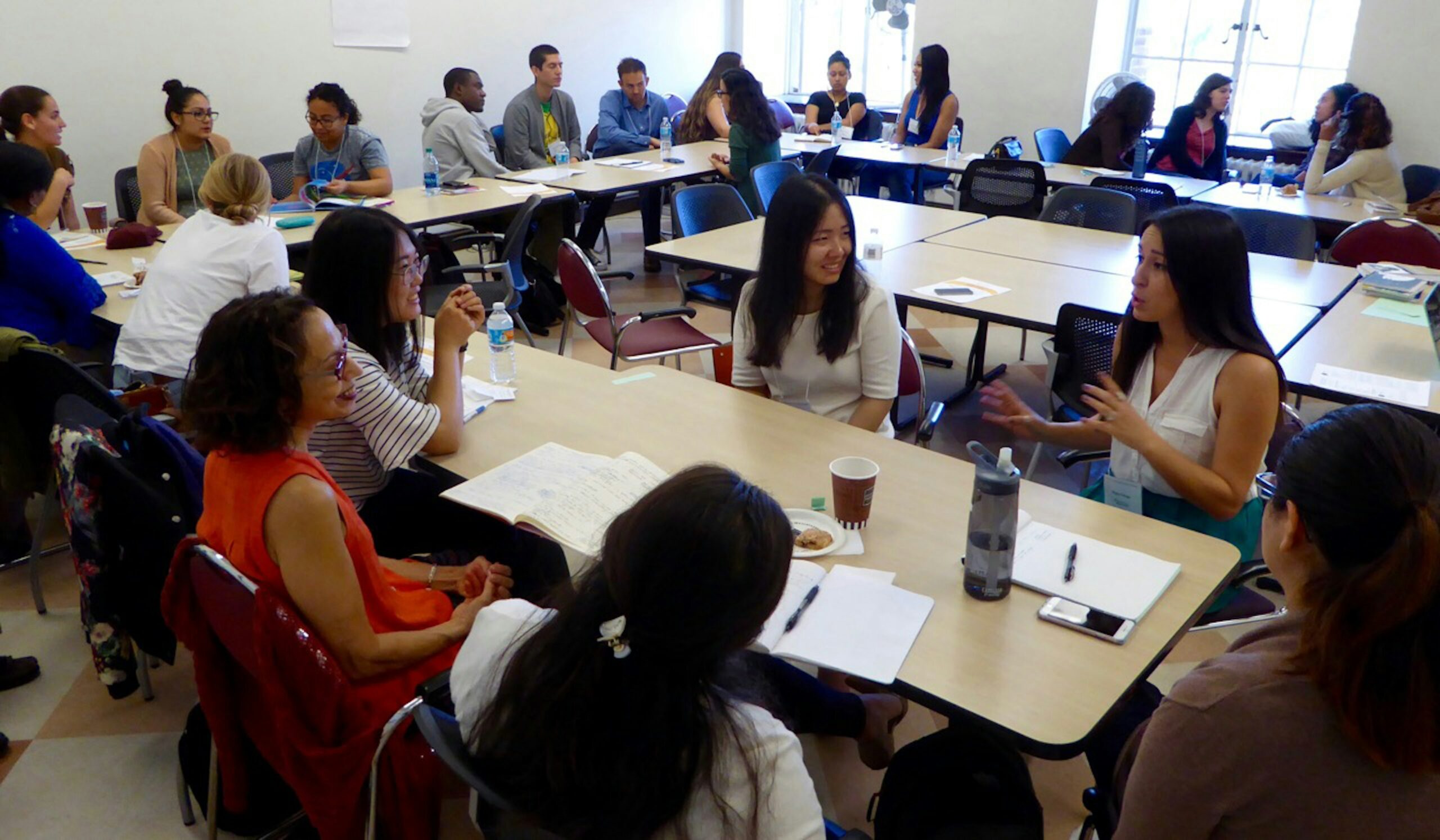Conference on April 22 gathered educators and advocated to protect civil rights of students and their families.
In my classroom we don’t say the words ‘Donald Trump.’ It’s not that it’s against the rules. But if I say his name, the kids put their hands over their ears to cover them. They are that afraid.”
With those words a young teacher made clear the rising fear and anxiety confronting children and families in the urban schools in which they teach. Her comments were made at a recent gathering at UCLA of educators and advocates seeking ways to protect the civil rights of students and parents in Los Angeles area schools and beyond.
“In its first 95 days, the Trump administration has unleashed racist and xenophobic rhetoric, it has marginalized and made more vulnerable various communities, and it has corroded public discourse,” said UCLA Professor John Rogers, Faculty Director of UCLA Center X.
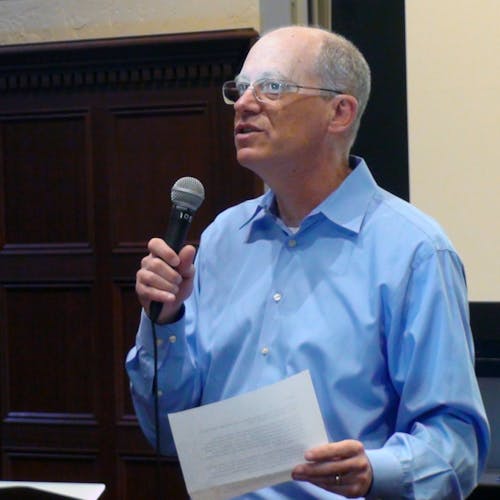
“But it has also unleashed resistance from the street to the classroom. And that’s why we are here today, to learn together and to listen to each other so that we can teach, lead and learn in solidarity.”
About 300 teachers, principals and advocates joined in the effort to protect civil rights which took place on Saturday April 22 at UCLA’s Moore Hall, home to the Graduate School of Education and Information Studies.
Making clear the high stakes, but also offering the reassurance of the law and its constitutional protections, Thomas Saenz, the President of the Mexican American Legal Defense Fund urged those attending to understand the rights of students and parents and to act to protect them.
Saenz told those gathered that Plyler v. Doe, a 1982 U.S. Supreme Court decision, firmly established the right of every child to an education, regardless of their immigration status.
“It is unlawful under our constitution to deny admission, to deny an education to any child in K-12, said Saenz. “The Plyler principle is quite clearly established constitutional law. It is codified in federal statute, and protected in state after state around the country.
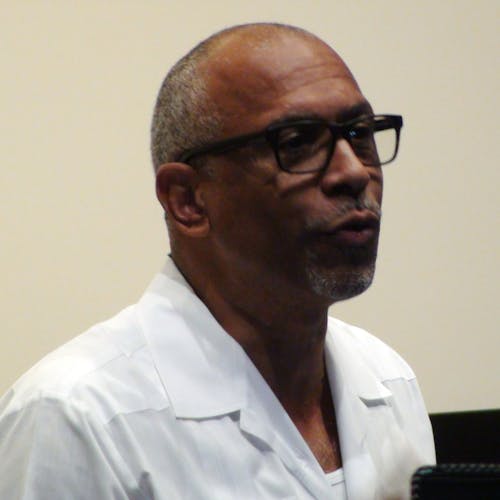
“It means that every student has a right to be educated without fear of immigration authorities on campus. Free of the fear and anxiety that would prevent one from receiving an education. (See video of Thomas Saenz discussing Plyler v. Doe at https://youtu.be/5vrNOfdmPIY )
Saenz challenged those attending to protect that constitutional obligation. “When you go back to your campuses, know that you go back with the mantle of the U.S. Constitution supporting your efforts to ensure that every student, regardless of their immigration status or their parent’s immigration status, has the right to be educated free from fear and anxiety.”
In the face of harsh rhetoric from the Trump administration intended to cause fear and confusion in the immigrant community, Saenz urged educators and advocates to work together to ensure that everyone knows their rights and to convince them that they must never waive those rights, and that when they exercise those rights, they will not be alone, they will be supported with resources and community support for their families.
“As teachers and principals, you are on the front lines to establish those things for your students and families, but know that you too are not alone. Center X and UCLA today are demonstrating their commitment, and there are nonprofit legal organizations and others that will offer support and be available to you and your students. We have to work together to establish those things in every immigrant’s mind, we have to prepare them for what they may face.”
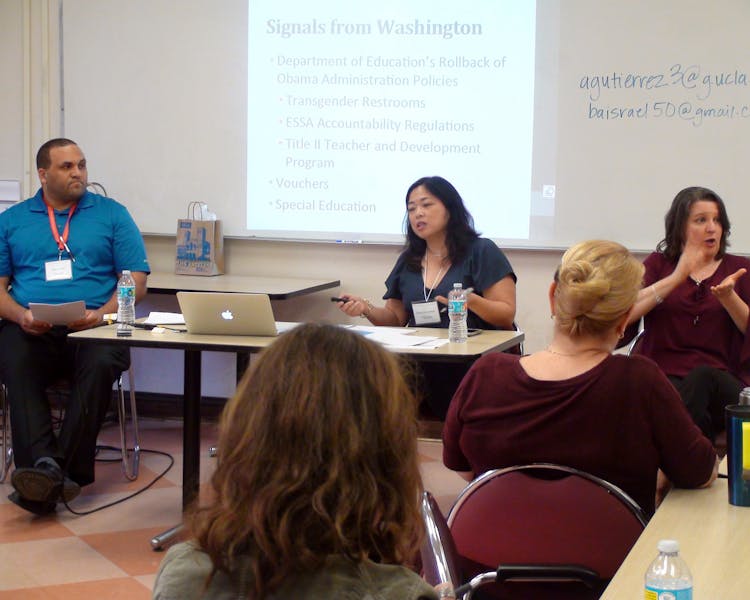
Following the opening session, participants joined in a series of conversations on topics ranging from how to create a school plan to protect immigrant youth and families, to teaching about civic engagement and building strong community coalitions.
Devorah Navera Reed of the LAUSD Office of the General Counsel and Jeffrey Garret of the Partnership for Los Angeles Schools led a session on leading schools in precarious times. School district leaders, principals and teachers talked about the signals coming from Washington, the executive orders on Immigration and the rights of students under Plyler v. Doe, sensitive locations and strategies for supporting students and communities.
“This conversation is about how we can leverage partnerships to build a coalition to help students and families, said Garret. Advising students and families is critical. Listening is key and we need to provide reassurance and stability. We have a logistical need and a moral responsibility to help our students.”
UCLA Teacher Education Program Faculty Advisor Jeff Share joined with elementary school teachers Maria Ortega and Lizette Mendoza to share lesson plans and discuss ideas on how they can respond to threats to the vulnerable communities they serve.
“We are trying to build an intense, impassioned interest in learning,” said Share. We are not just trying to be good teachers, but social justice educators.”
Ortega and Mendoza described their efforts to engage their students in environmental issues and build awareness of environmental and social justice.
“When we teach explicitly and with purpose, and with a component of empowerment and leadership, our students can grow tremendously,” said Ortega. We are learning to take care of our classroom, our school and our community.”
Participants seemed energized by the day’s events.
“At my school there has been a real increase in fear and anxiety—it comes from a lack of understanding and not knowing their rights and what they can do,” said Jamaica Murphy, who works in the Azusa School District and is a student in the UCLA Center X Principal Leadership Program.
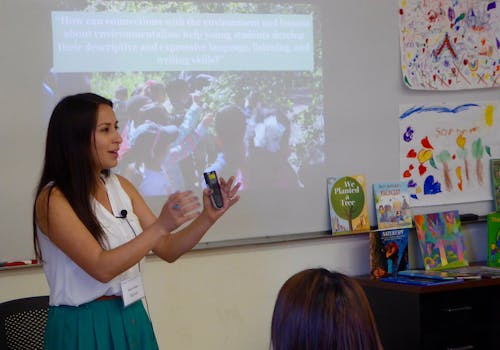
“I came to learn about what other people are doing about growing concerns about immigration and how we can help students. This will help. This gives me information and lets me know where I can get help.”
As the day drew to a close, UCLA Distinguished Professor Pedro Noguera challenged those attending.
“As educators, you have power in your classroom. And one of the things I want you to ask yourself – is what are you going to do with the responsibility, the power you have as an educator in your classrooms in your schools and in your communities? Will you speak out for kids that don’t have a voice? For parents who might be afraid because of their status? Will you see yourself in solidarity with the community you serve?
“We need to see education as an act of solidarity,” Noguera concluded. “We need to be sure that when we do this work we do it with respect for the communities we are in, with respect for our colleagues, and for the children as well. The possibilities are great if you have the imagination to see them.”
Above: Educators, administrators, and activists gathered in Moore Hall on April 22 for a daylong conference on protecting the civil rights of immigrant students and families.
